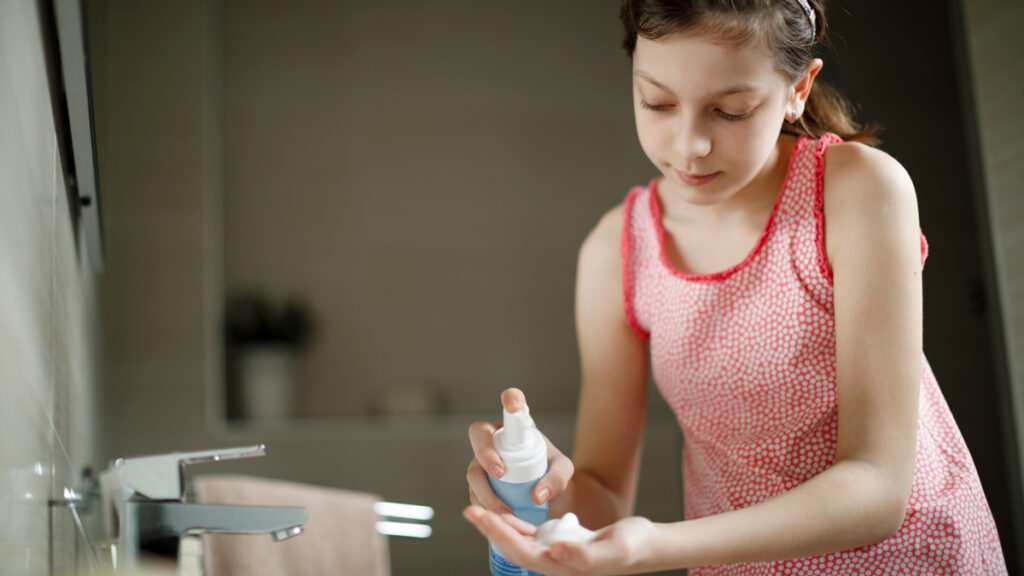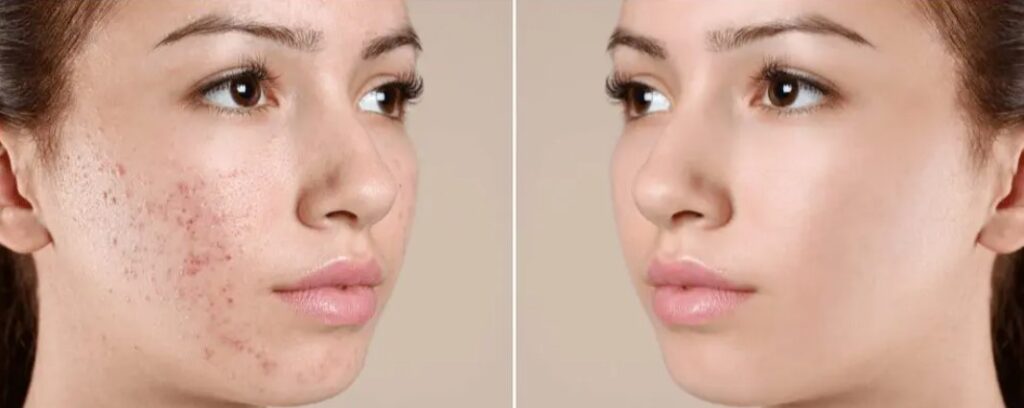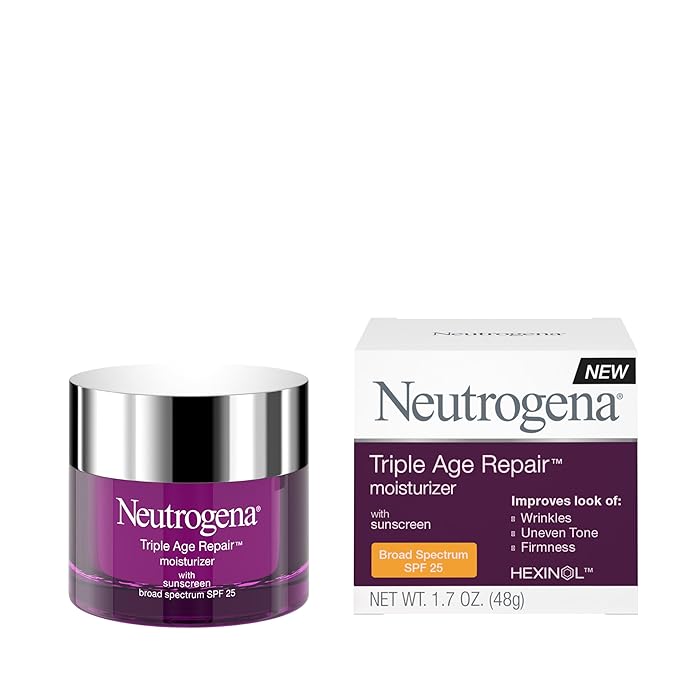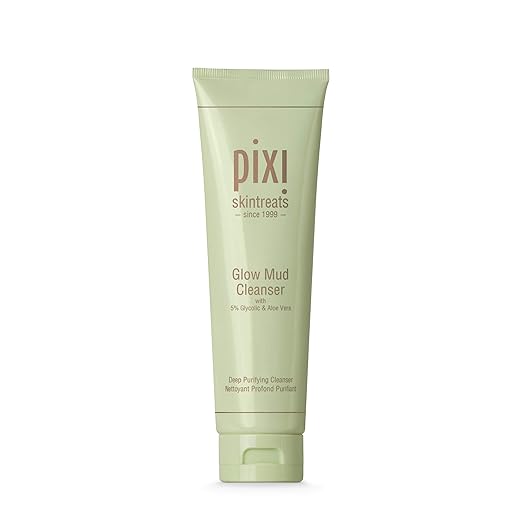Skin Health: Understanding the Key to a Radiant Complexion and Addressing Common Concerns
The skin is our body’s largest organ, serving as a protective barrier and reflecting our overall health and well-being. Healthy skin isn’t just about aesthetics; it’s a sign that your body is functioning well. When you have healthy skin, it looks smooth, vibrant, and glows with vitality. But how can we maintain healthy skin and effectively tackle common skin concerns like acne, aging, and other irritations? Let’s explore what healthy skin looks like, the importance of proper care, and some remedies to common skin issues.
What Does Healthy Skin Look Like?
Appearance: Healthy skin is smooth and unblemished, with a uniform texture. It doesn’t appear overly dry, flaky, or oily. The pores are evenly spaced, and while fine lines may naturally appear with age, the overall texture remains even.
Temperature: The skin should feel warm to the touch, indicating good blood flow, but it shouldn’t be excessively hot or flushed, which could signal irritation or inflammation.
Hydration: Properly hydrated skin feels supple and looks plump. Dehydration can cause skin to appear dull and accentuate wrinkles. A balanced diet rich in water, fruits, and vegetables plays a significant role in keeping the skin hydrated.
Protection: Healthy skin is well-protected against sun damage, which is one of the primary causes of premature aging, hyperpigmentation, and even skin cancer. This requires the regular use of sunscreen and protective clothing when exposed to harmful UV rays.
Common Skin Concerns and How to Address Them
Even with the best care, common skin issues such as acne, aging, and dryness can affect us. Here’s how to manage these concerns:
1. Acne
Causes: Acne is primarily caused by clogged pores, excess oil production, bacteria, and inflammation. Hormonal changes, diet, and stress can also trigger or worsen acne.
Remedies:
- Salicylic Acid & Benzoyl Peroxide: These are effective ingredients in combating acne by exfoliating dead skin cells and killing bacteria.
- Retinoids: Prescription or over-the-counter retinoids can help unclog pores and reduce inflammation.
- Tea Tree Oil: This natural ingredient is known for its anti-inflammatory and antibacterial properties.
- Dietary Changes: Eating a diet rich in omega-3 fatty acids, antioxidants, and zinc can help reduce acne outbreaks. Avoid excess sugars and processed foods that may cause flare-ups.
- Hydration: Drinking plenty of water helps flush out toxins and keeps the skin clear.
2. Aging Skin
Causes: Aging skin is a natural process influenced by genetics, lifestyle, and environmental factors. Over time, collagen production decreases, leading to fine lines, wrinkles, and sagging.
Remedies:
- Collagen-Boosting Products: Look for skincare products containing retinol, vitamin C, and peptides, which stimulate collagen production and smooth fine lines.
- Moisturizers: Using hydrating products rich in hyaluronic acid can help plump up the skin, giving it a more youthful appearance.
- Antioxidants: Topical antioxidants like vitamin E and green tea extract can help protect skin from environmental damage that accelerates aging.
- Sunscreen: UV rays are a significant contributor to premature aging. Use a broad-spectrum sunscreen with at least SPF 30 daily to prevent sun damage.
3. Dry Skin
Causes: Dry skin occurs when the skin lacks proper hydration or the skin barrier is compromised, leading to flakiness, irritation, and rough texture. Cold weather, hot showers, harsh soaps, and aging can all cause skin to become dry.
Remedies:
- Moisturize Regularly: Use a rich moisturizer containing ingredients like ceramides, glycerin, and shea butter to lock in moisture.
- Avoid Hot Showers: Hot water strips the skin of its natural oils, so it’s best to stick to lukewarm water.
- Humidifiers: Using a humidifier in dry environments can help maintain the skin’s moisture levels, especially during winter.
- Gentle Cleansers: Avoid harsh soaps and opt for fragrance-free, moisturizing cleansers to avoid further irritation.
Skincare Routines for Optimal Skin Health
Maintaining healthy skin requires a daily skincare routine tailored to your skin type and concerns. Here’s a basic guide to skincare that addresses most skin issues:
1. Cleansing:
- Start with a gentle cleanser to remove dirt, makeup, and oil without stripping the skin of its natural moisture.
- For acne-prone skin, choose a cleanser with salicylic acid. For dry skin, opt for a hydrating, creamy cleanser.
2. Toning:
- Toners help balance the skin’s pH and prepare it for the next steps in your routine. Look for alcohol-free toners with soothing ingredients like chamomile or rose water for sensitive skin.
3. Exfoliating (1-3 times a week):
- Exfoliating helps remove dead skin cells and promote cell turnover. Chemical exfoliants like AHAs and BHAs are gentler alternatives to physical scrubs, especially for those with sensitive skin or acne.
4. Serums:
- Serums contain concentrated active ingredients that target specific concerns. Vitamin C serums brighten the skin and protect against free radical damage, while niacinamide helps control oil and reduce inflammation.
5. Moisturizing:
- Moisturizers lock in hydration and prevent the skin from becoming dry and irritated. Use a lightweight moisturizer for oily or acne-prone skin and a richer formula for dry skin.
6. Sunscreen:
- Sunscreen is non-negotiable in any skincare routine. Even on cloudy days or while indoors, harmful UV rays can still penetrate, causing damage. Opt for a broad-spectrum SPF 30 or higher and reapply throughout the day.

















